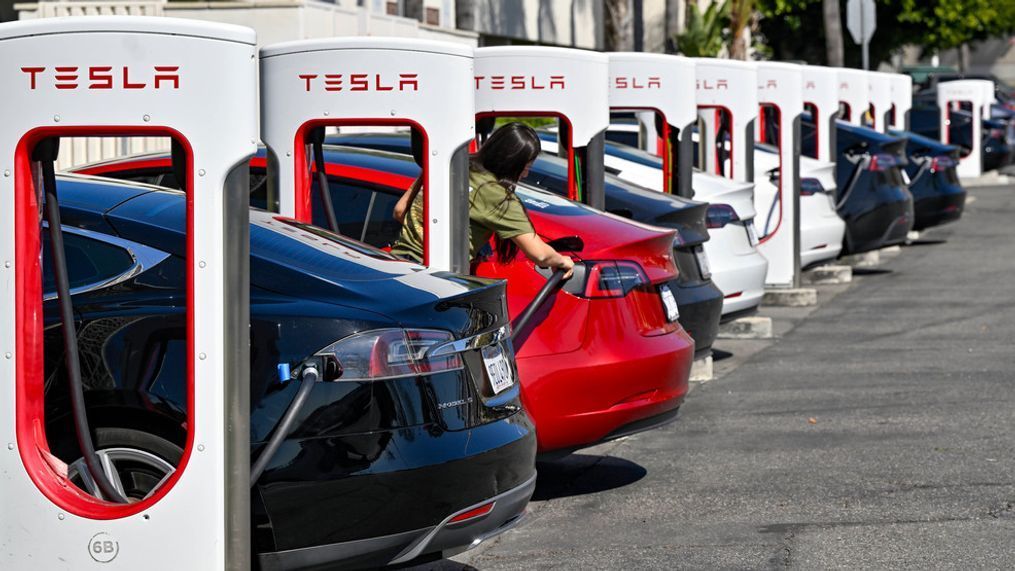Not enough copper production to meet Biden's EV policy goals, study finds
WASHINGTON (TND) — A central part of Joe Biden’s presidency is transitioning Americans from gas-powered to electric vehicles. The administration invested $7.5 billion to build charging stations across the country. Two years later and only eight have been built.
CBS's Margaret Brennan pressed transportation secretary Pete Buttigieg for an explanation during this past Sunday's Face the Nation. He struggled to answer.
"Why isn’t that happening more quickly?" Brennan asked.
So the president's goal is to have half a million chargers up by the end of this decade. Now, in order to do a charger, it’s more than just plunking a small device into the ground," answered Buttigieg.
Critics are calling this lack of progress on such an expensive project unacceptable.
“If in the private sector they spend billions of dollars for electric chargers and they only got eight done at this point there would be an outrage by the investors. they would want a change at the top,” said Phil Flynn, a senior analyst for Price Futures Group, to Fox News.
One possible setback to constructing charging stations is copper production. A recent study by the University of Michigan found companies cannot mine enough copper to keep up with current EV policy goals.
Copper is used to generate electricity, it’s used to move electricity, it’s used to store electricity, so above every other metal in the periodic table copper is the most critical," explained Adam Simon, a professor at Michigan and one of the study's leaders. "Current mine production of copper is about 20 million tons per year, global. We need to double it to 40 million tons per year and we cannot do that at existing mines. Like no way, no how."
Simon tells us it’s not as simple as ramping up production. More mines have to be built and that will take decades.
The Michigan study found transitioning to hybrid vehicles is a much more realistic goal than full electric.




